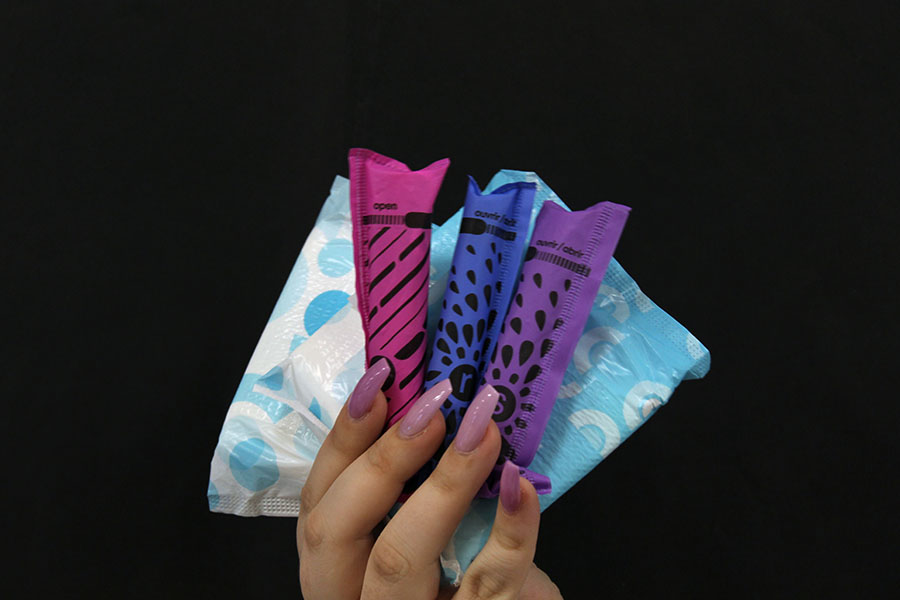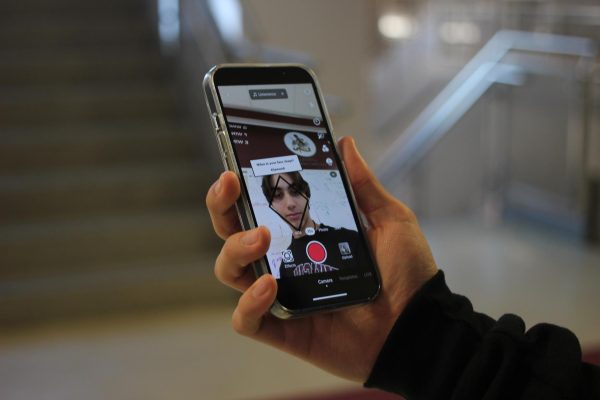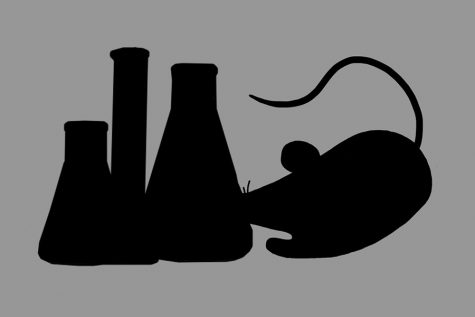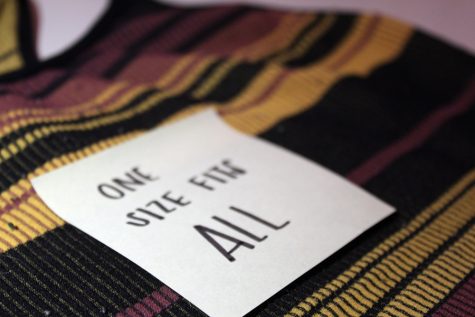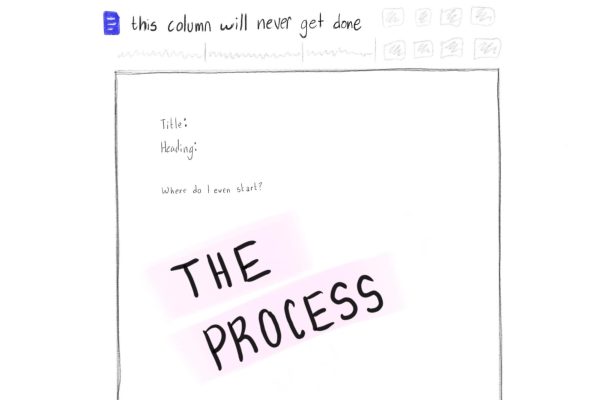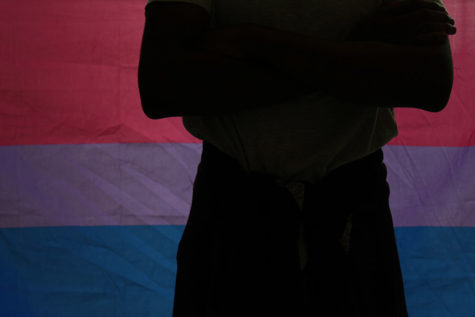Editorial: Feminine hygiene is not a luxury
Pink tax punishes those with periods
“As a society, women’s rights and equality has improved, but as long as these taxes and additional charges remain, we are nowhere near where we should be.”
Texas taxes tampons but not dandruff shampoo.
California taxes tampons but not chocolate bars.
Louisiana taxes tampons but not Mardi Gras beads.
Thirty-one other states tax tampons but not other unnecessary products.
The heavily debated gender wage gap has a partner in crime: the pink tax. The taxing of menstrual products and heightened price of toiletries that aren’t labeled “for men” plagues the consumer market.
Buying a razor marketed for females is 68 cents more expensive than one made for males, despite the same brand. Stool softener in a pink box costs an additional 50 cents than the average blue box. Happening more often than not, if a pink version exists, the product has an added charge.
CBS News went as far as sending two producers, one male and one female, to different dry cleaners and experienced different pricing despite the shirts they used both being 100% cotton button-ups. At one of the dry cleaners they visited, the female producer paid over $7, while the male producer was charged $2.
The blatant differences in pricing men’s and women’s products has little to no scientific backing to explain why women should pay more for the same items. With the average white woman being paid 80 cents compared to a man’s dollar and the percentage dropping lower for women of color, there is no reason to charge more for feminine products. Combated with extra money paid on unfair taxes and prices for “pink” products, women lose over a thousand dollars per year.
Even though we live in a world that wants people who experience periods to plug it up and not mention it, the products needed aren’t even considered a necessity. Several organizations have been created to end this sexist tax, like Period Equality and Tax Free. Period. They show statistics, promote articles along the topic and give outlets for how to take action.
Non-luxury items are exempt from sales tax, like groceries and some over the counter medications, but not tampons or other period products. Even on the holidays we’re given to get a break from tax, these items don’t make the cut.
Tennessee lawmakers pushed back a bill allowing menstrual products to be exempt from taxes on the states tax-sales holiday. One senator even stated his worry over people buying too large of an amount of tampons and pads on that holiday.
The hygiene of women and people with periods should not be taxed. Basic toiletries and services should not be extra for the pink label. Losing thousands of dollars throughout a lifetime isn’t justified. As a society, women’s rights and equality has improved, but as long as these taxes and additional charges remain, we are nowhere near where we should be.




